The daily deals industry is an exciting space to watch right now, as evidenced by Google’s recent $6 Billion offer to buy Groupon, Amazon’s $175 million investment in LivingSoical, Facebook’s recent launch of Facebook Deals, and all of the other competitors looking for a piece of the pie coming out of the woodwork.
We had a conversation with Jere Doyle, President and CEO of Eversave, a company in this space that has been in business since 1999. He shared his thoughts on the current state of the industry and where it is headed. "There will be a natural consolidation in the industry over the next year or so, and winners will emerge," he said. "The winners will be those players who not only help local business with customer acquisition, but also help them build longer term relationships with customers."
 Google and Groupon
Google and Groupon
Doyle would not offer much in the way of comment on Groupon turning down Google’s offer (he also did not say whether or not Eversave would’ve turned down the offer). "It’s hard to say and I don’t like to speculate on what Google or any of the players in this space will do. The growth is incredibly rapid with new sites launching and new industry developments every day," said Doyle. "Based on what transpired in the past few weeks, it’s clear that Google wants a place at the daily deal table. We’ll just have to wait and see how they get there."
"Facebook is another phenomenal social media success and could be a huge player if they figure out how to build social shopping into the Facebook experience," Doyle added. "So far Facebook is still in the early stages of figuring that out. Their recently announced Facebook Deals platform has all of the key elements – mobile, social sharing, location-based search and targeting."
But one challenge, he noted, is that Facebook’s is a do-it-yourself platform. "Merchants have to conduct the campaigns themselves," he explained. "And they also have to have an established Facebook following or invest time in building a following if they don’t already have a strong Facebook presence. One thing we’ve learned is that the smaller merchants and business owners who run deals with Eversave don’t have a lot of time to think about planning and executing marketing campaigns, let alone building a strong email list."
Amazon and LivingSocial
Doyle wouldn’t comment much on Amazon’s investment in LivingSocial, but clearly sees it as a very significant move for the industry as a whole. "Amazon’s investment in Living Social – like the Google/Groupon speculations, Facebook’s entry into the market, Wal-Mart deals, eBay and PayPal, you name it – all of these developments validate the daily deal market space," Doyle said. "It’s too early to tell where it will all end up, but there’s no denying the opportunities for providers, merchants and consumers who can benefit from incredible savings."
Each Player For Itself
"Each player is trying to find the best approach to stay ahead and keep innovating," he added. "Acquisitions and funding are two approaches. In Eversave’s case, we’ve been in this business since 1999 and don’t currently rely on funding to expand and innovate our online couponing and daily deal offerings."
"There’s plenty of room for multiple players in this space, but there’s bound to be a shakeout at some point," Doyle reiterated. "The successful daily deal sites will be the ones that are able to juggle and balance what at times seem to be cross purposes. For example, you need to have geographical reach and a growing membership base of consumers, but you also need to make sure you maintain a quality database. Ultimately, it comes down to quality, not just quantity. The surviving daily deal providers must also offer something unique – for example, on the consumer side appealing to niche markets. Eversave’s database has a strong emphasis on targeting females 25-54 years of age. This demographic is the purchasing engine for U.S. households."
"Right now there is a flood of new providers launching, and I expect the excitement about Google’s offer and Amazon’s funding of Living Social will spur on the daily deal gold rush. But the idea that this type of business is easy to launch, build and sustain success is a big mistake," he warned. "It’s not easy by any stretch of the imagination, and those rushing in looking to turn a quick sale and make obscene amounts of money after only a few months are mistaken."
Doyle claims that Eversave’s traffic puts it in the top three daily deal providers. It currently operates locally in over ten cities, but Doyle says it’s already everywhere with more local launches planned for 2011.

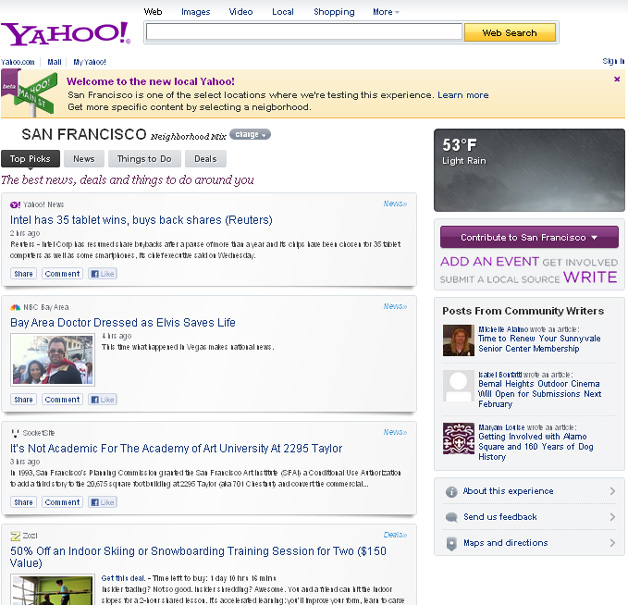
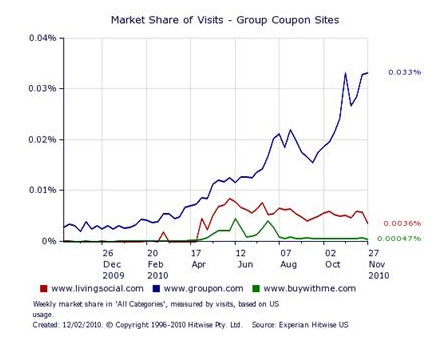
 Wojcicki also said, "How can we enable you, when you’re walking around, to find out the best local offers around? As an advertiser, how can I find out if someone saw my ad and went to a store? The local market is a huge market, we’ve always wanted to be in it."
Wojcicki also said, "How can we enable you, when you’re walking around, to find out the best local offers around? As an advertiser, how can I find out if someone saw my ad and went to a store? The local market is a huge market, we’ve always wanted to be in it."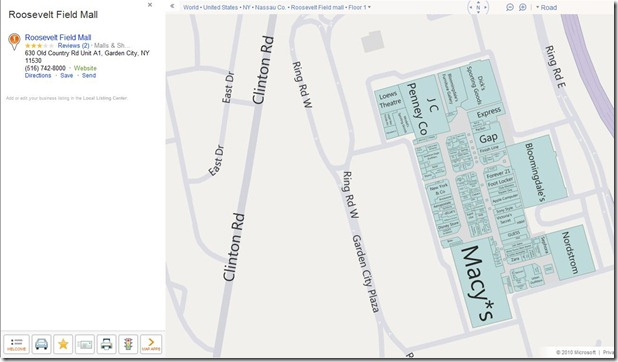
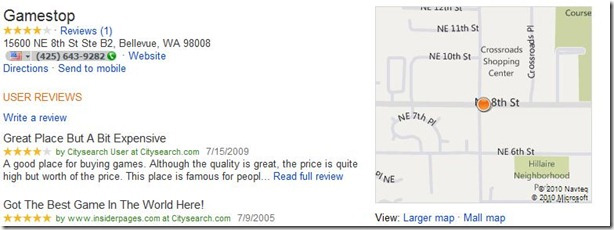
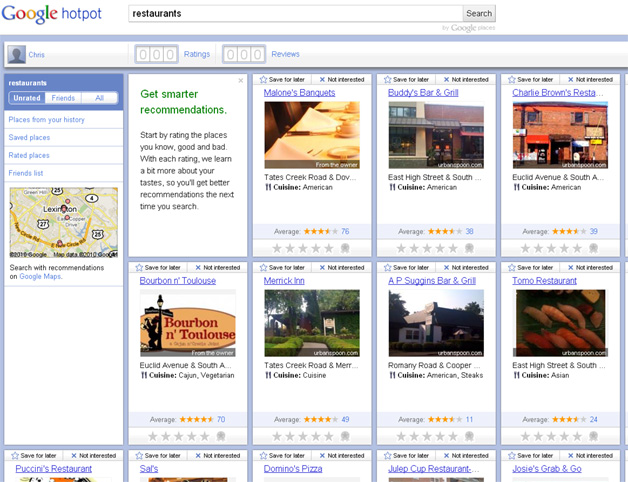
 "Plus, Groupon has a $600M local sales run rate," he adds. "It’s not obvious that Google is making that much from local advertisers. Plus, Google has always been about the algorithm and when they need to build outside of their core experience, they have done a great job in acquiring companies to help them in products like maps, Android, YouTube etc. While they’ve not succeeded in everything, they’re successes are pretty impressive."
"Plus, Groupon has a $600M local sales run rate," he adds. "It’s not obvious that Google is making that much from local advertisers. Plus, Google has always been about the algorithm and when they need to build outside of their core experience, they have done a great job in acquiring companies to help them in products like maps, Android, YouTube etc. While they’ve not succeeded in everything, they’re successes are pretty impressive." 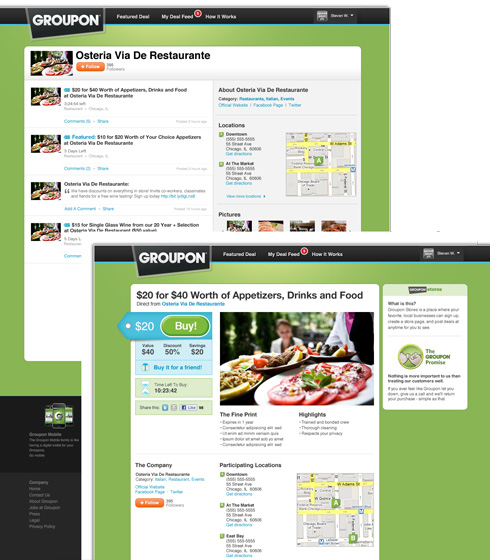


 Google’s Motivation?
Google’s Motivation?  “Yahoo is delivering technology at scale that connects people to the things that matter most to them with fresh and engaging experiences,” said Blake Irving, Executive Vice President and Chief Product Officer,
“Yahoo is delivering technology at scale that connects people to the things that matter most to them with fresh and engaging experiences,” said Blake Irving, Executive Vice President and Chief Product Officer, 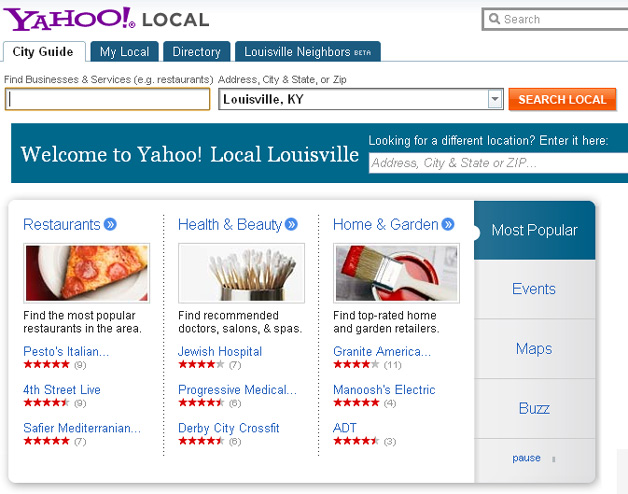
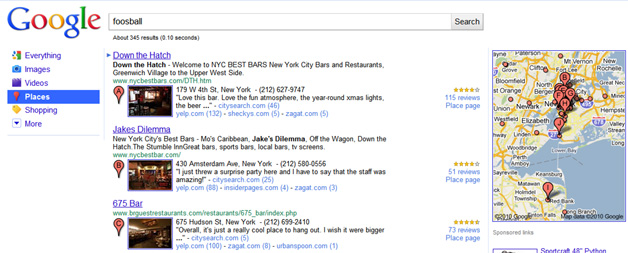


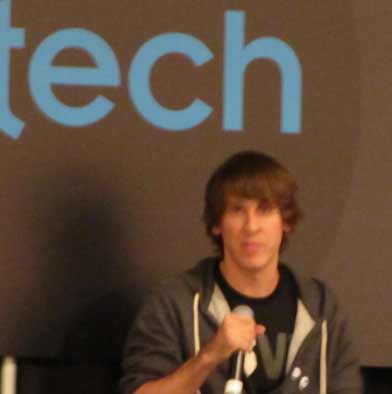 But he talked about scenarios such as traveling to Chicago and getting some tips on things to do based on where you’re at and your past experiences in another city like New York. Real, practical uses. He says he’s "really bullish" on the local merchant-related stuff Foursquare is doing.
But he talked about scenarios such as traveling to Chicago and getting some tips on things to do based on where you’re at and your past experiences in another city like New York. Real, practical uses. He says he’s "really bullish" on the local merchant-related stuff Foursquare is doing.